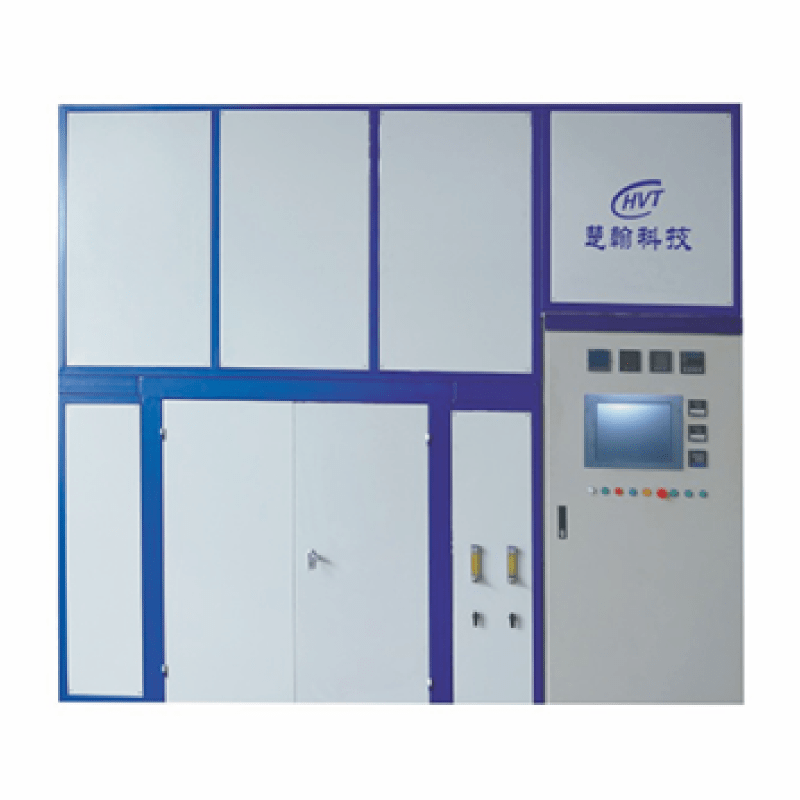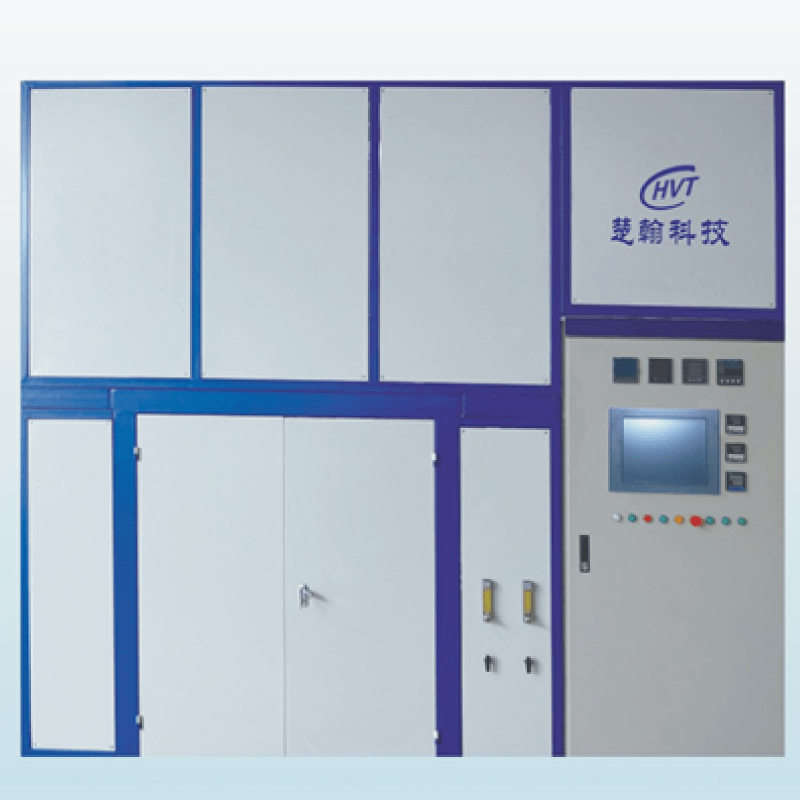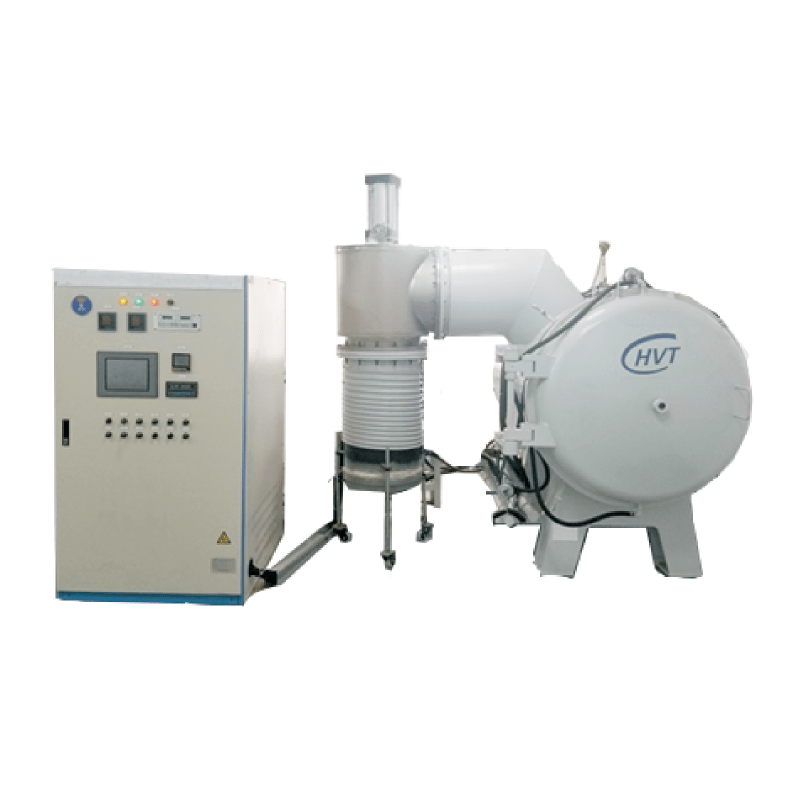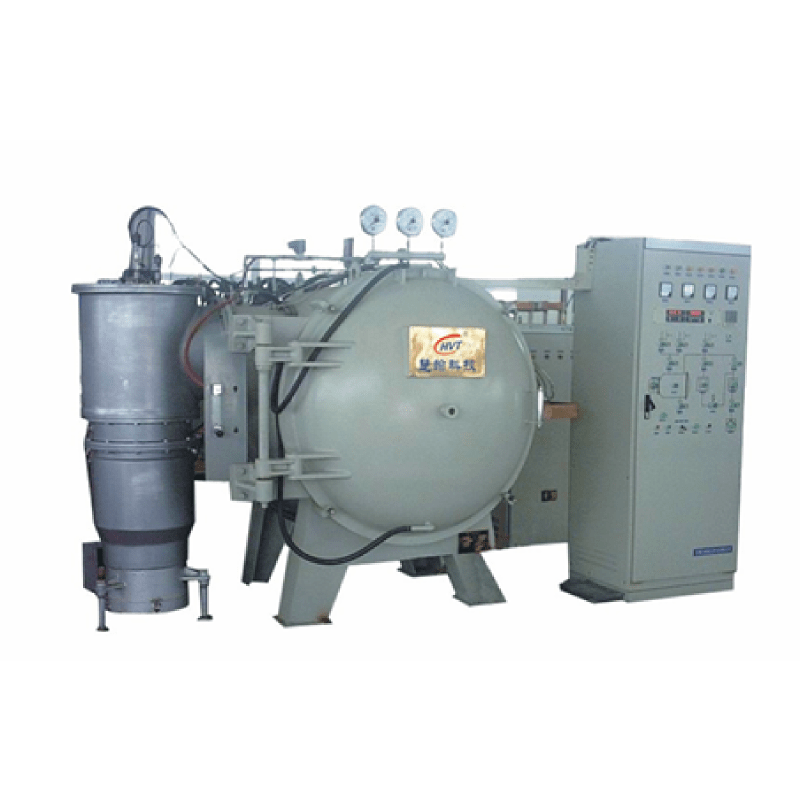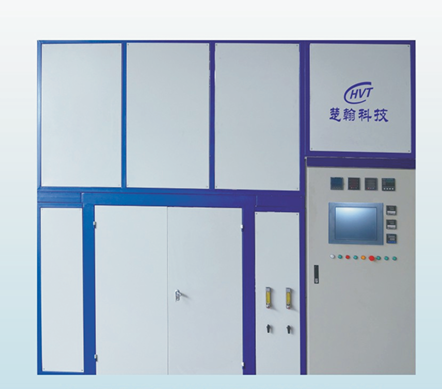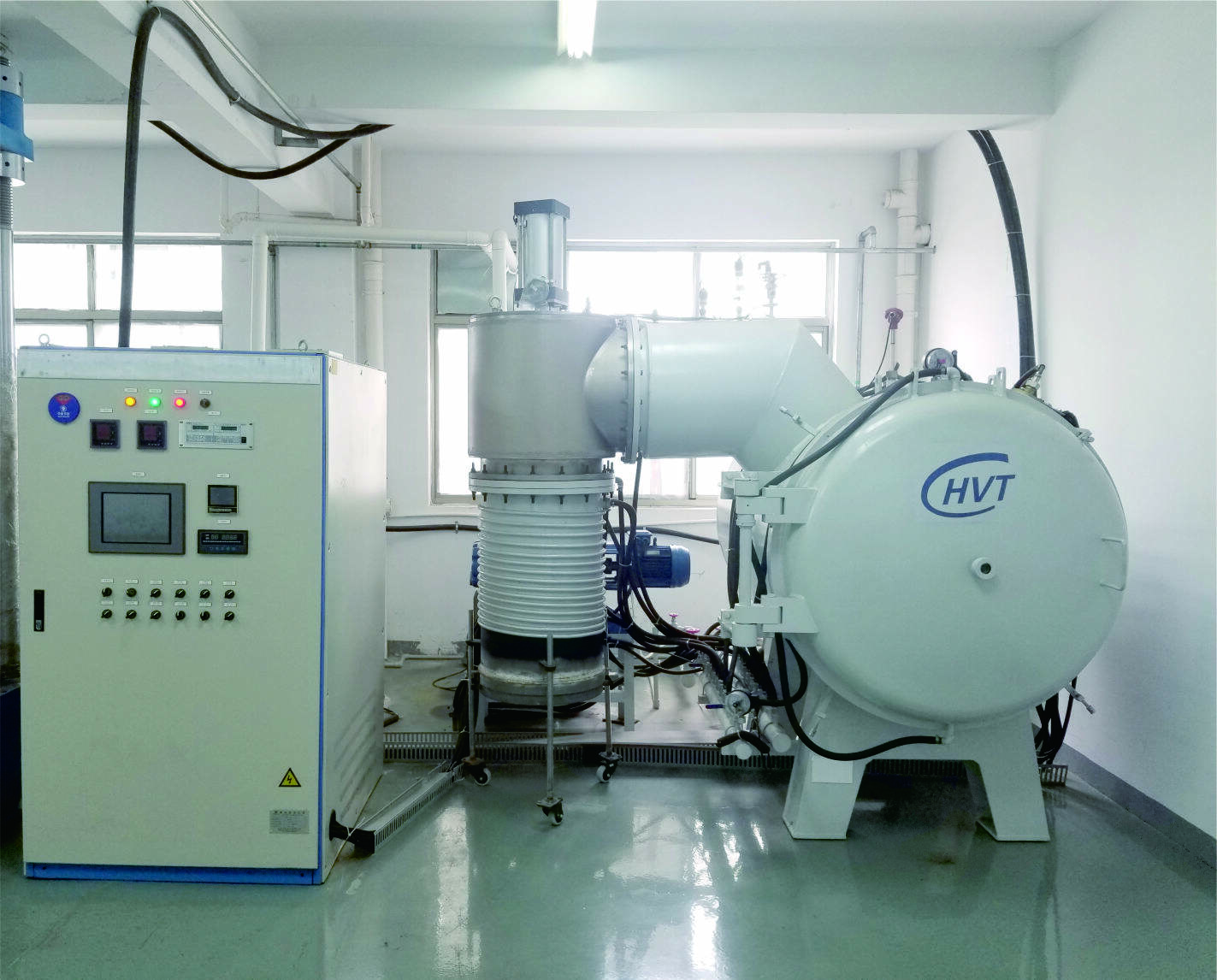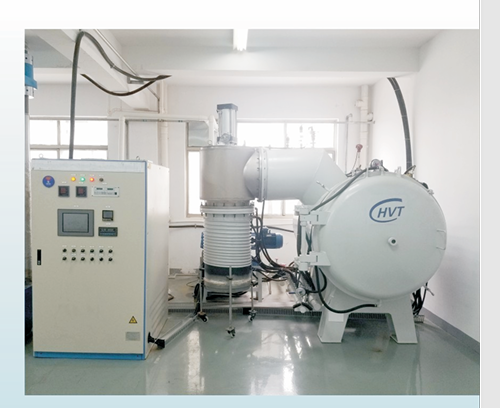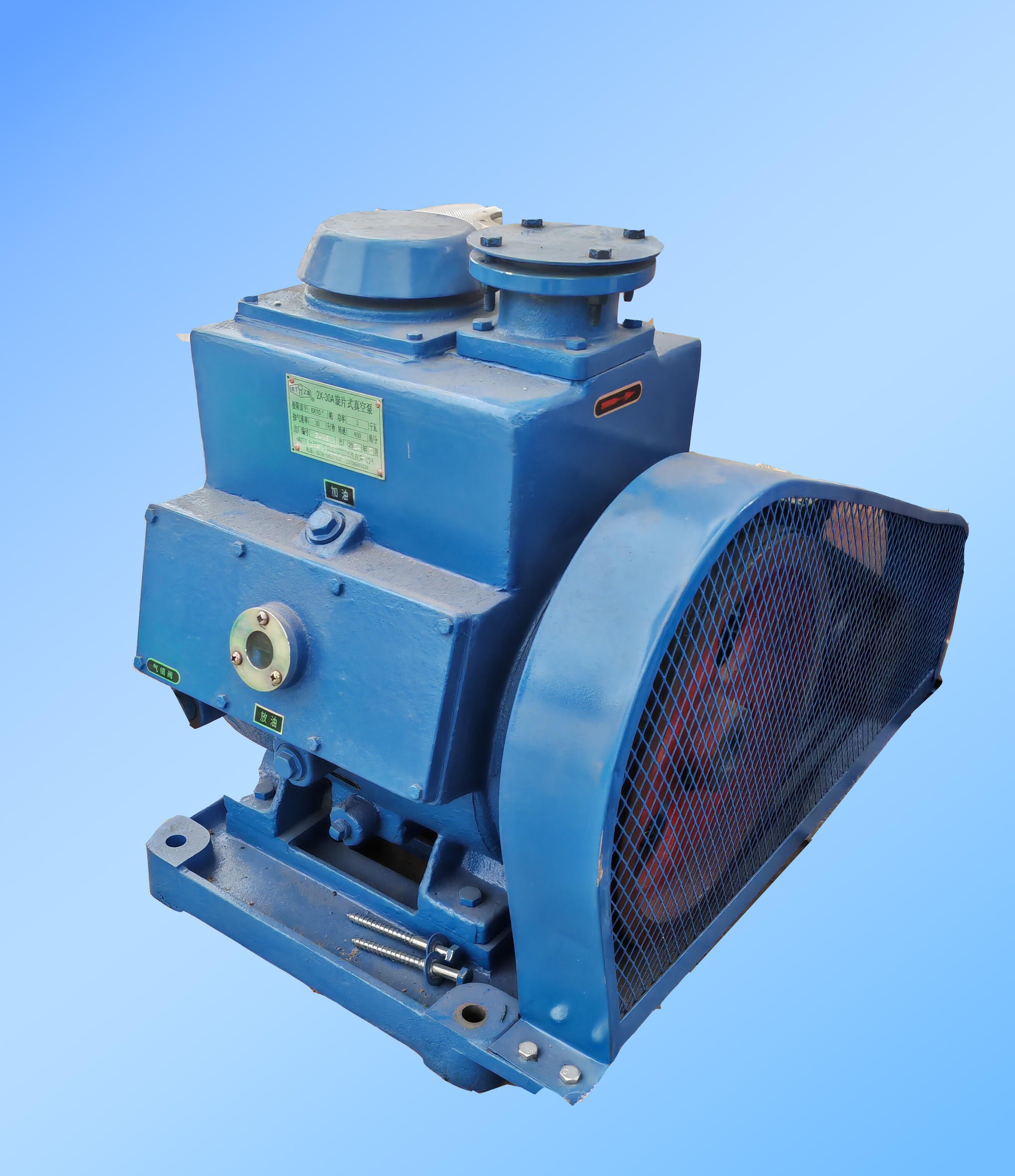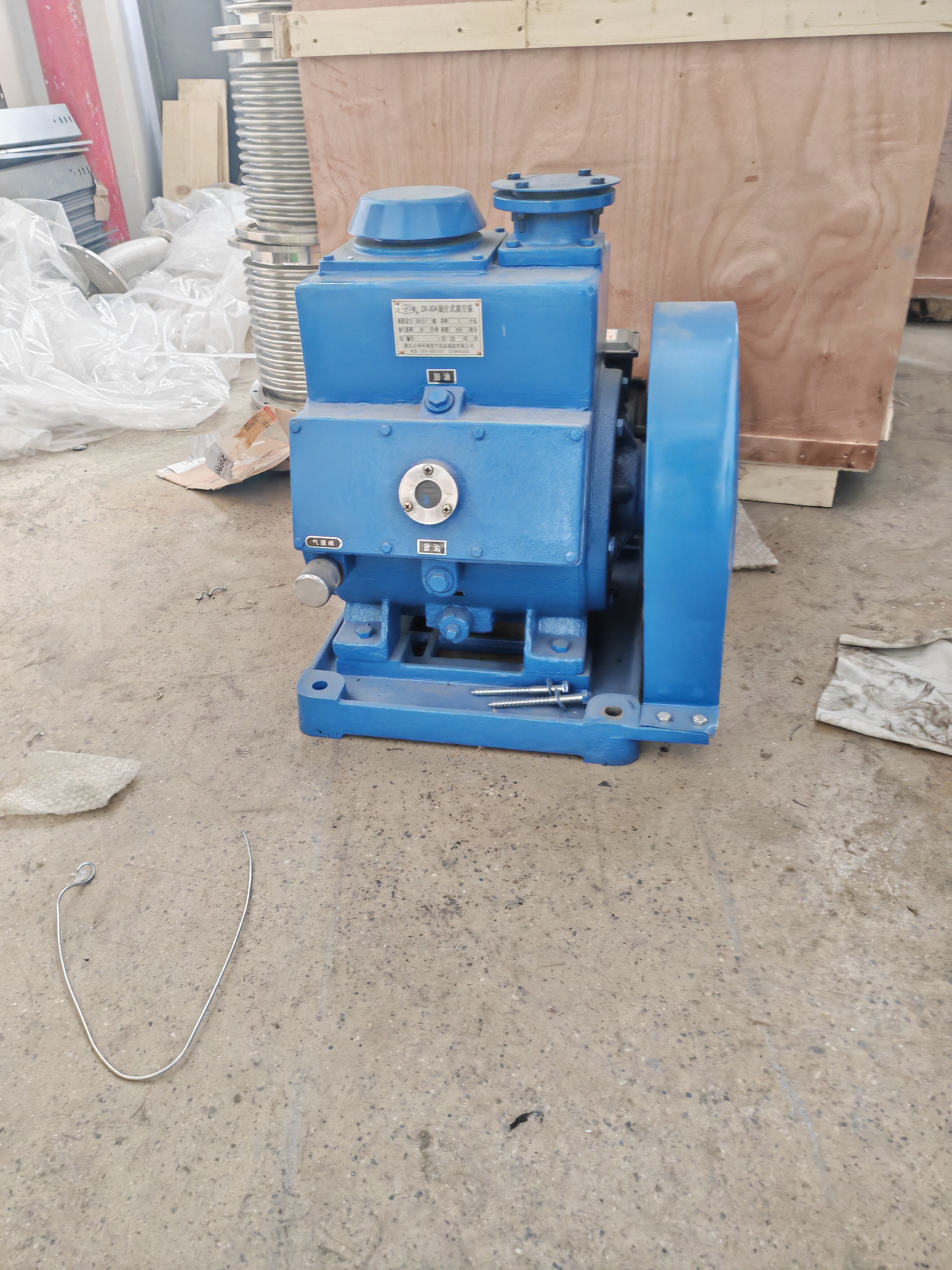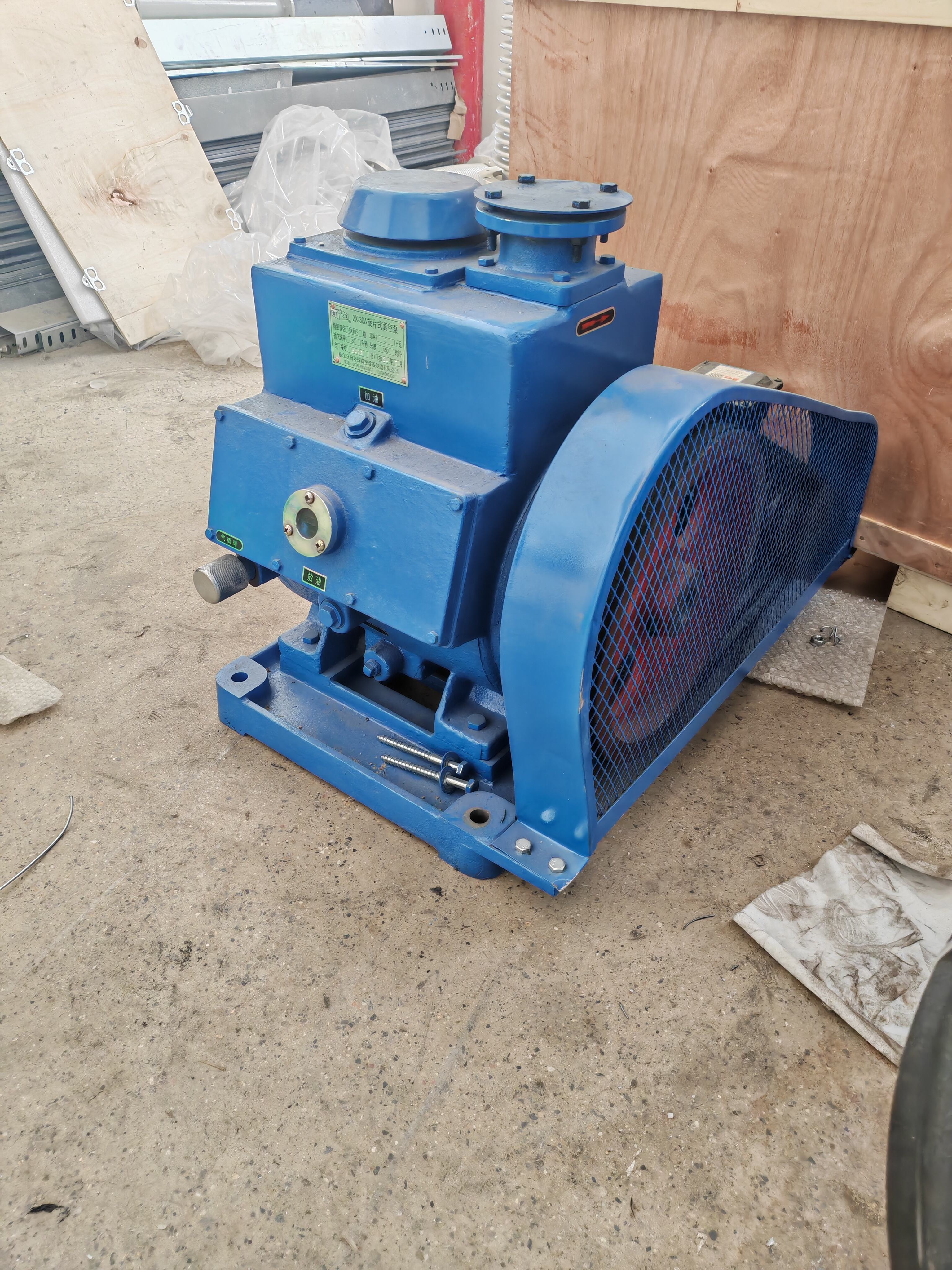mechanical fuel transfer pump
A mechanical fuel transfer pump is a vital component in fuel delivery systems, designed to efficiently move fuel from storage tanks to various applications. This essential device operates through mechanical action, typically driven by the engine's camshaft or timing belt, ensuring consistent and reliable fuel flow. The pump creates the necessary pressure differential to draw fuel from the tank and push it through the fuel lines to reach its intended destination. Modern mechanical fuel transfer pumps incorporate advanced engineering features such as precision-machined components, durable diaphragms, and carefully calibrated pressure relief valves. These pumps are particularly valued in automotive, agricultural, and industrial applications where electrical power may not be readily available or reliable. The robust construction of mechanical fuel transfer pumps makes them exceptionally dependable in challenging environments, capable of operating effectively in extreme temperatures and harsh conditions. They require minimal maintenance while providing consistent performance throughout their operational lifecycle, making them a cost-effective solution for fuel transfer needs.

